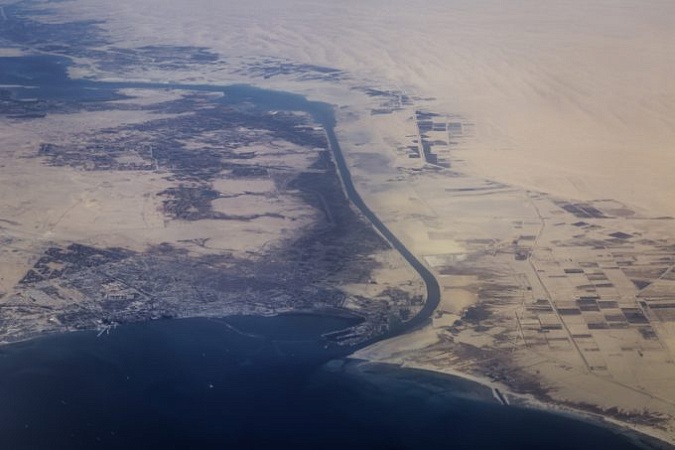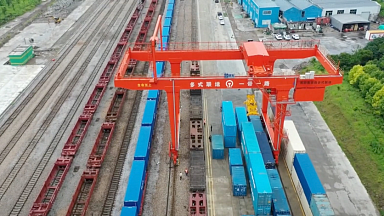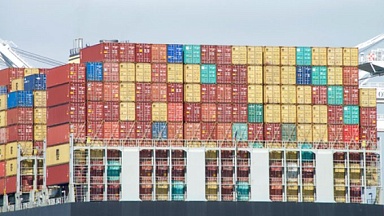Now, with the year drawing to a close, it seems that, financially at least, there have been two winners fr om the Red Sea crisis: commercial shipping and the Houthis.
That the former was set to win big on the back of all the disruption was a something of a foregone conclusion the moment carriers began rerouting around the Cape of Good Hope, with sources prognosticating over the extent of surcharges to come.
And by May, a flood of Q1 results proved as much: Maersk and ONE both posting better-than-expected quarterly earnings.
At the time, Taipei Shipowners’ Association chair and ex-Yang Ming CEO Cheng Cheng-mount said he expected «the diversions to continue as long as the Houthi attacks continued», adding «mainline operators have to watch the market quarter after quarter».
The «wait and see» approach has typified subsequent quarterly reporting, but in each instance, the numbers pumped out have been solid, as carriers lapped up surcharges.
Indeed, a consequence of the longer sailing times around Africa provoked the carriers to plough more capacity into the market to meet the demand, leading to something of a tonnage shortage in the sector. There was also crisis elsewhere, namely, Cairo, as the Egyptian government found itself contending with a major budgetary shortfall of some $6bn from the drop in Suez Canal revenue, a consequence of transits plummeting by 60% year on year.
Twelve months on and with the attacks having continued, the Iran-backed Yemini militia has effectively turned the Bab al-Mandeb strait into its own fiefdom.
Given the pounding its paymasters in Tehran have taken in recent months, it’s a fiefdom the Houthis may be only too happy to hold, reports suggesting it has netted them some $2bn so far, with around $180m flowing into the coffers each month.
Wh ere is it all coming from? It seems some carriers which can’t use the longer African sailings have been paying the group to allow their ships through unmolested.
There had even been suggestions that some of the major carriers (before realising the surcharge opportunities) had considered this an option, with Hapag-Lloyd and Maersk having to issue statements of denial.





